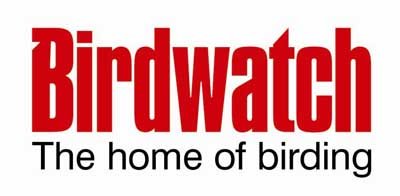 A recent study has concluded that a healthy selection of seed-bearing arable flowers on farmland is the key ingredient necessary to support insects, birds and small mammals.
A recent study has concluded that a healthy selection of seed-bearing arable flowers on farmland is the key ingredient necessary to support insects, birds and small mammals.
A five-year study by entomologists from The Game Conservancy Trust has just concluded that arable crops contain a third less insects than needed to sustain declining farmland birds such as Grey Partridges, Yellowhammers and Whitethroats.
Mix together a healthy selection of seed bearing arable flowers such as fat hen, field pansy, black bind weed, knotgrass and chickweed, with a typical selection of ground dwelling insects such as grasshoppers, caterpillars and leaf beetles and you have a perfect winter and summer banquet that will boost our declining farmland birds and their offspring.
The study was carried out in conjunction with ADAS and the Central Science Laboratory. As part of the Sustainable Arable Farming for an Improved Environment (SAFFIE) project, the Trust's entomologists studied the impact that weed killers were having on arable flowers, which are an important food source for a range of invertebrates. The aim was to discover whether using lower amounts of herbicide would boost these important arable plants while not affecting the quality of the crop.
Dr John Holland, head of The Game Conservancy Trust's entomology department, said, "Within the crop, arable flowers and seeds are key foods for farmland birds, insects and small mammals all year. But getting the balance right to benefit wildlife is difficult because any approach at reducing chemical controls should not unduly affect the practicalities of farming.
"Our research showed that many fields have higher levels of beneficial arable flowers than pernicious weeds and it is therefore possible to reduce herbicide inputs substantially, particularly where pernicious weeds are not posing a threat.”
Photo: Whitethroat by Steve Young (www.birdsonfilm.com)

